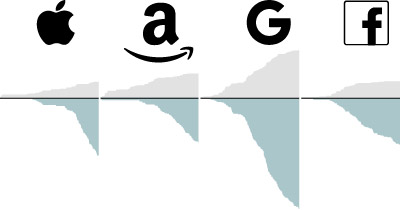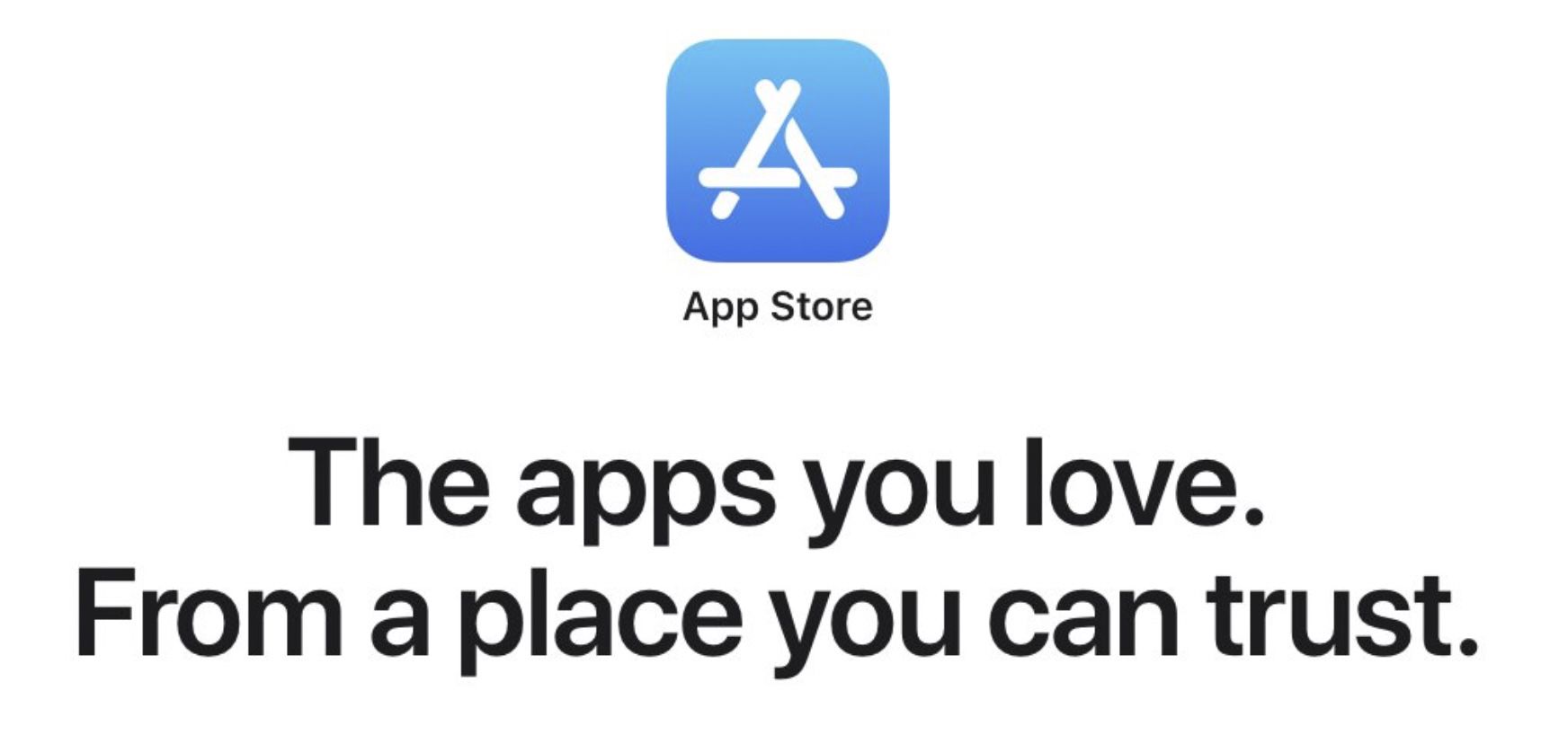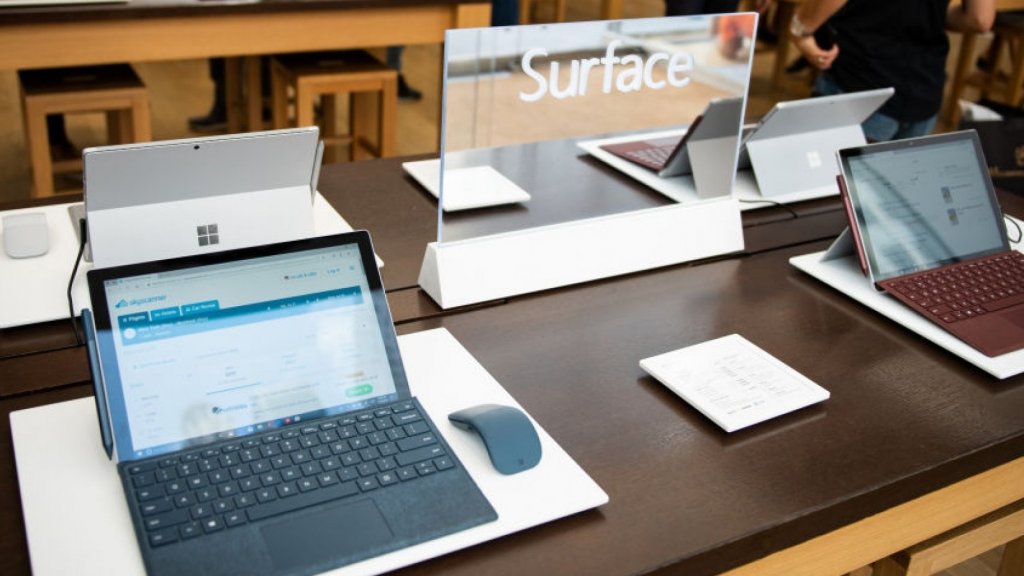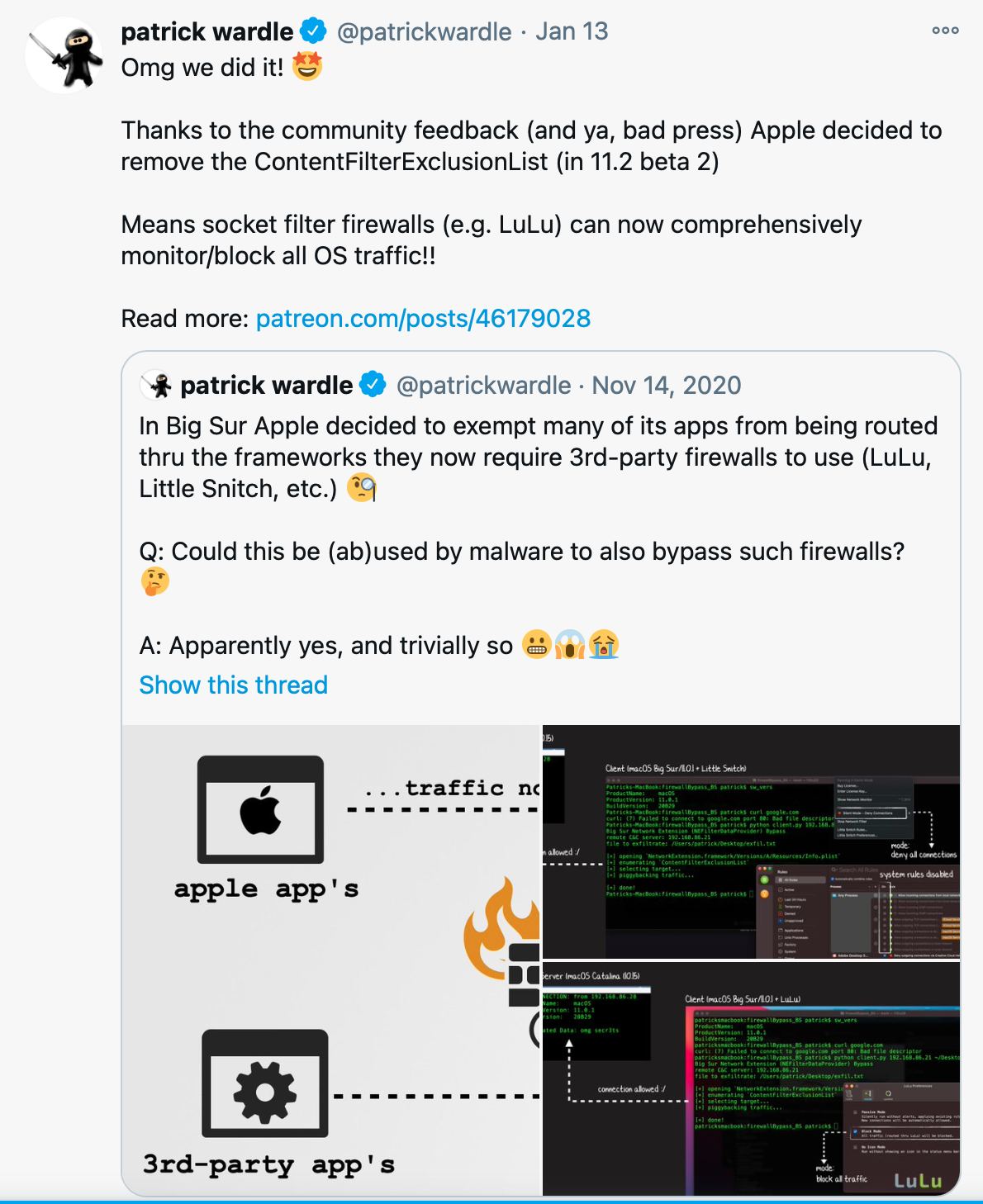For decades Amazon, Apple, Facebook, and Google gobbled up their competition to become behemoths of the tech industry, which has drawn attention from Congressional leaders and other critics who claim they’ve stifled innovation in the industry.
Source: How Big Tech got so big: Hundreds of acquisitions
If the government had said, “You know what, guys? You’re big enough already,” most of those acquired companies would probably have continued to offer a nice living to their founders and employees. And the employment market for talent would be richer for it. And taxes would have been paid. But, no, the government bends over, and lets these vertical monopolies accrete ALL the profits in their sector, while they stick out their hand for the next campaign contribution.
I had written this as a draft, and then watched The Laundromat. Not as entertaining as The Big Short, but just as approachable in its treatment of what us arguably one of the most byzantine, global subjects in modern history. I can’t find the final scene online in order to link it, but Meryl Streep’s last line is a powerful summary of the problem I’ve been complaining about here for some time.
“Now is the time for real action. It starts with asking questions. Tax evasion cannot possibly be fixed while elected officials are pleading for money from the very elites who have the strongest incentives to avoid taxes, relative to any other segment of the population. These political practices have come full circle and are irreconcilable. Reform of America’s broken campaign finance system cannot wait.”
Global mega corps like Apple can no longer hide behind the excuse that “everyone is doing it” when it comes to using essentially-slave labor in the orient, and a offshore tax havens to avoid paying corporate taxes, while they accumulate… <checks Google>… two hundred billion dollars (give or take) in their cash on hand. I predict, at some point, they will be pressured to change both of those practices. Maybe that will lead to a domino effect, and to laws being changed. I’m not holding my breath, but I can envision a scenario, even if it’s one in “fourteen million, six hundred and five.”






